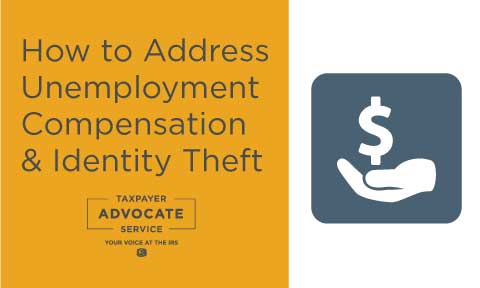

During 2020, millions of taxpayers were impacted by the COVID-19 pandemic through job loss or reduced work hours. Some taxpayers who faced unemployment or reduced work hours applied for and received unemployment compensation from their state. States issue 1099-G, Certain Government Payments to you and to the IRS to report taxable income, including unemployment compensation.
However, identity thieves took advantage of the pandemic by filing fraudulent claims for unemployment compensation using stolen personal information of individuals who had not filed claims. Payments made as a result of these fraudulent claims went to the identity thieves, while the victims whose names and personal information were taken, did not receive any of the payments. However, the victims may receive a Form 1099-G saying that amount was paid to them anyway.
Here’s how you may find out if your information was used for false claims:
Both types of instances involve identity theft and can happen whether you file electronically or on paper. Different methods of communication are used by the IRS to notify you for each situation.
See our Identity Theft Get Help page for step-by-step instructions or visit the IRS Identity Theft Central page.
TAS
IRS